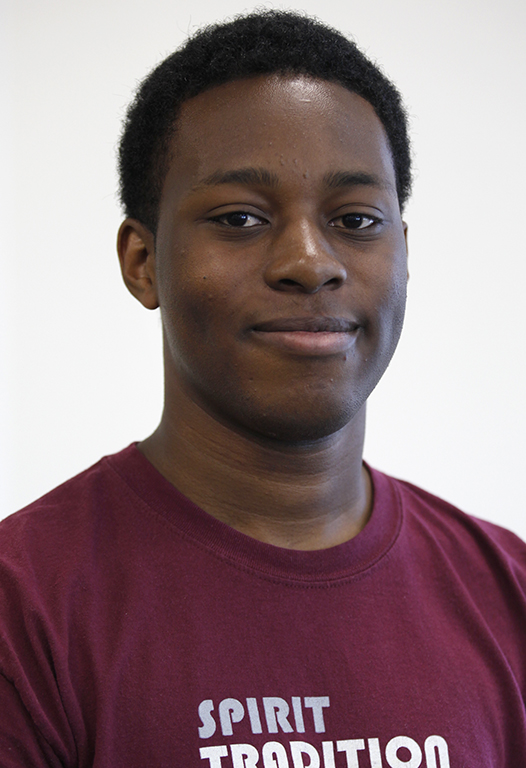
A major function of college is to train us for our chosen careers and prepare us for the tough trials adult life will throw our way. In general, universities do a worthwhile job of giving students academic and professional tools to develop into productive, contributing members of society. However, one area where universities have failed students is correctly imparting on us what freedom of speech really is, and what it truly means to believe in the principles of the First Amendment.
If you ask most students if they believe in free speech, I’m certain most of them would answer “yes” with little hesitation. While that is a great sign, the actions of students across the US would indicate something quite different and slightly troubling. In general, when people – especially college students – think of free speech they think of a few scenarios. They might think of a citizen criticizing his or her government, a cartoonist mocking a feature of pop culture or, as has happen at MSU, an organized march against hateful ideologies.
These are all important examples of how free speech is used, but they don’t paint the full picture of what free speech is. Whether because we aren’t fully educated on free speech or because we simply like to ignore the totality of it, we often leave out the darker, but just as valid side of freedom of speech. As much as free speech is voicing benign thoughts, it is also the expression of controversial ideas, offensive words and even hateful views.
This is where the free speech paradox comes in. Sometimes referred to as the paradox of tolerance, this is the idea that to truly believe in free speech you must stand up for, allow and tolerate speech that you might find repugnant. Even if that speech calls for the censorship of others. As evidenced by recent insurrections at UC Berkeley – the birthplace of the modern college free speech movement – this is an aspect many university students and administrations have recently come to ignore.
The idea of freedom of speech wasn’t “created” so people could merely express pleasantries to one another. It’s the complete opposite. The concept of the First Amendment, and free speech itself, arose out of the desire for people to express unpopular beliefs without the fear of being censored, physically stifled or worse.
One thing universities and students alike must realize is that, when it comes to speech, we must be tolerant of intolerance. Preparing for the real world requires a full understanding that there are going to be people who have odious views. We can’t just muzzle these people and pretend they don’t exist. To be a principled advocate of free speech, you must defend both views you agree with and views you find abhorrent.
Markell Braxton-Johnson is a sports and leisure junior.






















